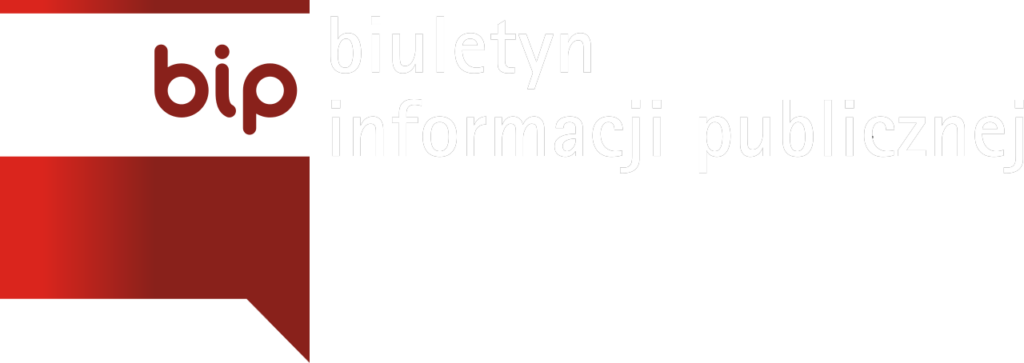Admission will open soon, for more information go to: e-rekrutacja@sgmk.edu.pl, tel: 782 950 360
New technologies in law and economics
Candidate profile
The program is aimed mainly at graduates of various university courses, especially faculties of law, people associated with law firms, lawyers and economists wishing to further their knowledge of law and financial institutions. The offer is also dedicated to those interested in modern companies operating in the digital economy and all those who want to use the full potential of the Internet and new technologies in conducting online business, as well as persons familiar with the functioning of financial markets.
Graduate profile
Graduates will become experts in the interdisciplinary business sector of digital economy with both theoretical and practical knowledge of this field. Special emphasis will be placed on the aspect of legal work. Their advanced knowledge will cover business operations from legal, operational and tax perspectives, including models of business operations, mechanisms of operation of the law firms, legal conditions of the European markets, market instruments, control and supervisory institutions of financial markets, and legal and economic issues in business.
COST:
PLN 7,000*
Main thematic blocks:
LEGAL ISSUES
Compliance – application in a law firm
Application of AI in law firms and legal practice
ECONOMIC ISSUES
Automation of business processes using artificial intelligence, obtaining competitive advantages in business
Development of Innovative Digital Enterprises in Poland and around the world
FINANCIAL MARKETS IN THE FACE OF NEW TECHNOLOGIES
Crypto-asset market – legal issues
Blockchain in the financial system
Development of financial markets with new crypto-asset instruments
Program implements the basic principles of SGMK: quality, interdisciplinarity and internationality.
Quality of “New technologies in law and economics” program is reflected in the high standard of teaching, which ensures, that students will gain comprehensive knowledge of law and the operation of financial institutions.
Students will acquire not only in-depth legal knowledge, but also understanding of the specifics of the operation and regulations in banking, capital markets and other financial institutions and the application of new technologies in these fields.
Interdisciplinarity of the program allows participants to look at the studied issues from different perspectives and better understand their complexity.
Underlining the international aspect of our educational offer, we have established various international collaborations and ongoing cooperation with our guest lecturers – prominent experts and scientists from world renowned research centers. Among them are many of the speakers from the Futurist of The Year 2024 congress, who expressed their interest in collaborating with SGMK. The list of congress speakers included:
- PROF. DIDIER QUELOZ – University of Cambridge | Nobel Laureate in Physics
- DR MICHAEL L. BRODIE – Harvard University
- PROF. NICK BOSTROM – University of Oxford
- PROF. MARIAROSARIA TADDEO – University of Oxford
- PROF. JOHN TASIOULAS – University of Oxford
- GERD LEONHARD – Futurist
- JONATHAN BRILL – Futurist
- THOMAS FREY – Futurist
- PROF. PETER C. BISHOP – Futurist, University of Houston
- PROF. MARK COECKELBERGH – University of Vienna
- GARY A. BOLLES – Singularity University
- PROF. WESLEY ROSSLYN-SMITH – University of Pretoria
SGMK is also supported in this regard by the Copernican Academy, whose members include Nobel laureates, scientists and lecturers from international universities.
For more information go to: https://akademiakopernikanska.gov.pl/en/about-the-academy/
Director of postgraduate program “New technologies in law and economics” – Prof. Anna Labno; Coordinator – Natalia Biaduń.
NOTES:
Nicolaus Copernicus Academy reserves the right to postpone the start date of classes for the new academic year or the next semester in case the minimum group of candidates required for the launch of the study is not admitted.
- Regulations for postgraduate studies >> download file




